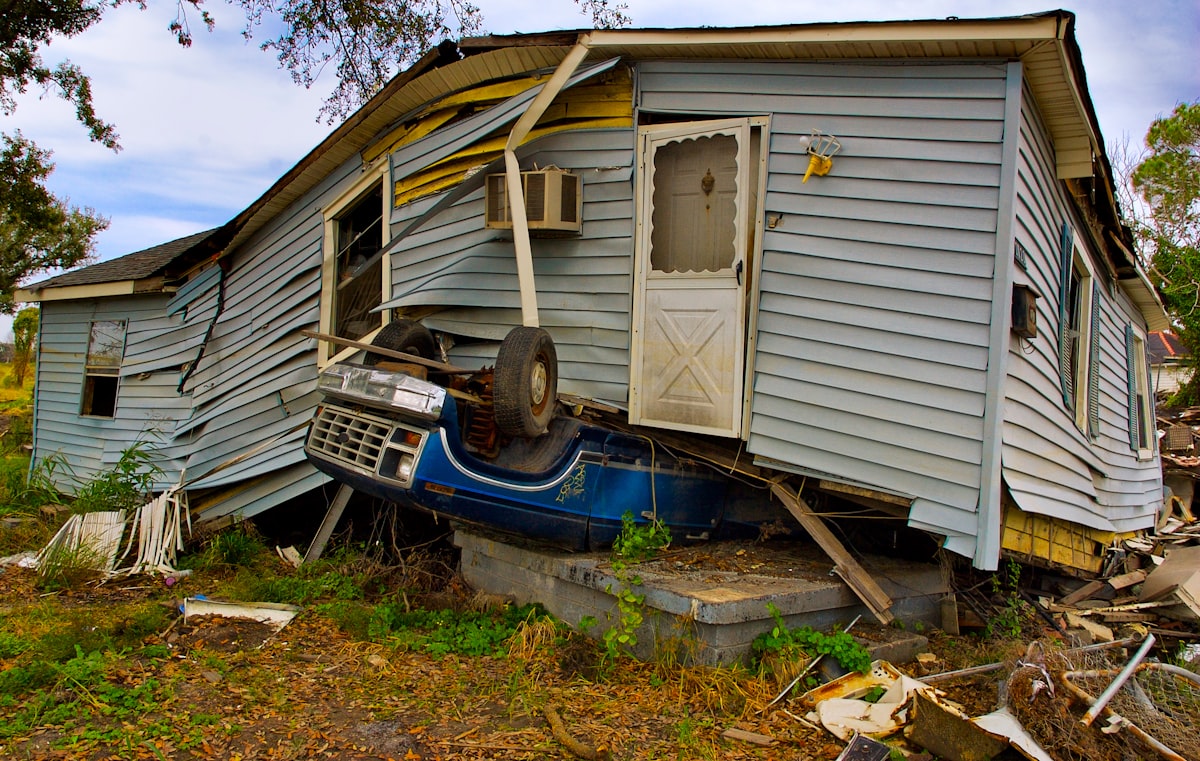Tips for Policyholders with Hurricane Ian Claims

Insurance companies are being inundated with property damage claims following Hurricane Ian, but that doesn’t mean they can drag their feet when processing claims, according to the Consumer Federation of America (CFA) and United Policyholders (UP).
The groups say that consumers are entitled to get their wind and flood insurance claims paid promptly, fully, and fairly. Policyholders are entitled to receive their claims payments to the full extent of their insurance policy. Insurance regulators and state and federal officials must hold insurers to their obligations, the groups said in a press release.
“Getting claims paid after Hurricane Ian must not become a second disaster for the policyholders who will rely on the insurance companies in the weeks and months ahead,” said Douglas Heller, CFA’s Director of Insurance. “We hope insurers will be good partners in the recovery and rebuilding to come, but history tells us that policyholders and regulators must stay vigilant to ensure fair treatment.”
“Home and flood insurance funds should be the fastest and best source of recovery help for the home and business owners who’ve been devastated by Ian,” said Amy Bach, Executive Director of United Policyholders. “Finding trustworthy repair pros and temporary living arrangements will be very hard – the last thing victims need is insurers balking at paying in full and on time. Through our Roadmap to Recovery program, UP and our Florida-based partners are mobilizing to deliver guidance and advocacy services aimed at making sure all available funds flow as they should. Visit: www.uphelp.org/IAN early and often.”
Wind damage vs. flooding
Many Ian victims will be underinsured and uninsured for flood damage, and there will be big fights over whether the damage was caused by wind (covered in a home policy) versus flooding (excluded in a home policy but covered by flood insurance). Home insurers should pay for damage from hurricane winds and falling rain.
The two national consumer groups recommend that insured property owners with damaged homes take the following steps:
- Contact your insurance company and report your claim as soon as possible. Depending on what caused the damage to your home, your claim may be covered by wind insurance or flood insurance, or by both.
- Document damage in photos and video as thoroughly as possible, but only to the extent that it is safe to do so. Do not allow damaged items to be removed before they have been photo-documented.
- Keep a daily journal, noting each time you speak or meet with insurance company adjusters, repair pros, or anyone you are considering hiring. Note their name and the date and time of the contact.
- Maintain receipts for every cost you incur; this includes hotel and food costs when you evacuate, any alternative living arrangement costs if you cannot return to your home, and anything you spend on making initial repairs to your home to prevent further damage. This may be covered under your home or private flood insurance policy. Temporary living expenses are not covered under NFIP policies.
- Check references and license status before you agree to hire or assign any of your insurance benefits to any professional. Post-disaster scams are common. Local help is preferable but if not available, be careful vetting out-of-the-area pros before you sign on the dotted line.
- Contact your Insurance Department and FEMA (for flood claims) if you run into problems::
Florida Office of Insurance Regulation
1-877-693-5236
200 E Gaines St, Tallahassee, FL 32399
Consumer.Services@myfloridacfo.com
File a complaint: https://apps.fldfs.com/eService/Newrequest.aspx
South Carolina Department of Insurance
803-737-6180
1201 Main St #1000, Columbia, SC 29201
consumers@doi.sc.gov
File a complaint: https://sbs.naic.org/solar-web/pages/public/onlineComplaintForm/onlineComplaintForm.jsf?state=SC&dswid=3785
Federal Emergency Management Agency
1-800-427-4661
500 C St SW, Washington, DC 20024
https://www.fema.gov/about/contact
